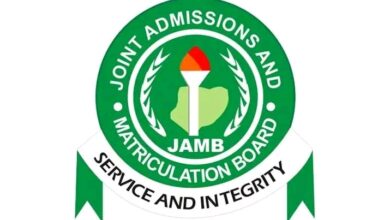JAMB Subject Combination for Agronomy

Aspiring agricultural wizards, listen up! This post is your roadmap to conquering the world of Agronomy through JAMB and beyond.
Buckle up as we delve into the essential subject combinations, UTME & Direct Entry requirements, and juicy career prospects waiting for you in this verdant field.
Subject Combination for Agronomy
- English Language: Mandatory for all courses.
- Mathematics: Compulsory for Agronomy.
- Biology: Essential for understanding plant science.
- Chemistry: Crucial for comprehending soil chemistry and fertilizers.
- Physics (Optional): While not mandatory, it can boost your score and competitiveness.
UTME Requirements
Five credits (including English and Mathematics) in relevant subjects like Biology, Chemistry, Physics, Geography, and Agriculture.
The minimum UTME score varies based on the university and program.
Direct Entry Requirements
Two A-Levels or five O-Levels (including English and Mathematics) in relevant subjects.
National Diploma (ND) in Agricultural Technology or related fields.
Why Study Agronomy?
- Feed the World: Be part of the solution to global hunger and food insecurity.
- Diverse Career Opportunities: Explore fields like crop production, soil science, plant breeding, and agricultural biotechnology.
- Lucrative Path: Enjoy high earning potential and job security in a growing industry.
- Make a Difference: Contribute to sustainable agricultural practices and environmental protection.
FAQs
What are some popular universities for Agronomy in Nigeria?
University of Ibadan, Ahmadu Bello University, University of Nigeria Nsukka, University of Benin, Federal University of Agriculture Abeokuta.
Can I study Agronomy with an Arts background?
Yes, some universities offer bridging programs or consider relevant O-Level/ND credits.
What are some career options for Agronomy graduates?
Research Scientist, Agricultural Consultant, Farm Manager, Agricultural Policy Analyst, Seed Technologist, etc.
What are the job prospects for Agronomy graduates in Nigeria?
The demand for skilled agronomists is high due to the government’s focus on agricultural development. Opportunities exist in government agencies, private companies, research institutions, and NGOs.
Also Read: JAMB Subject Combination for Urban and Regional Planning





